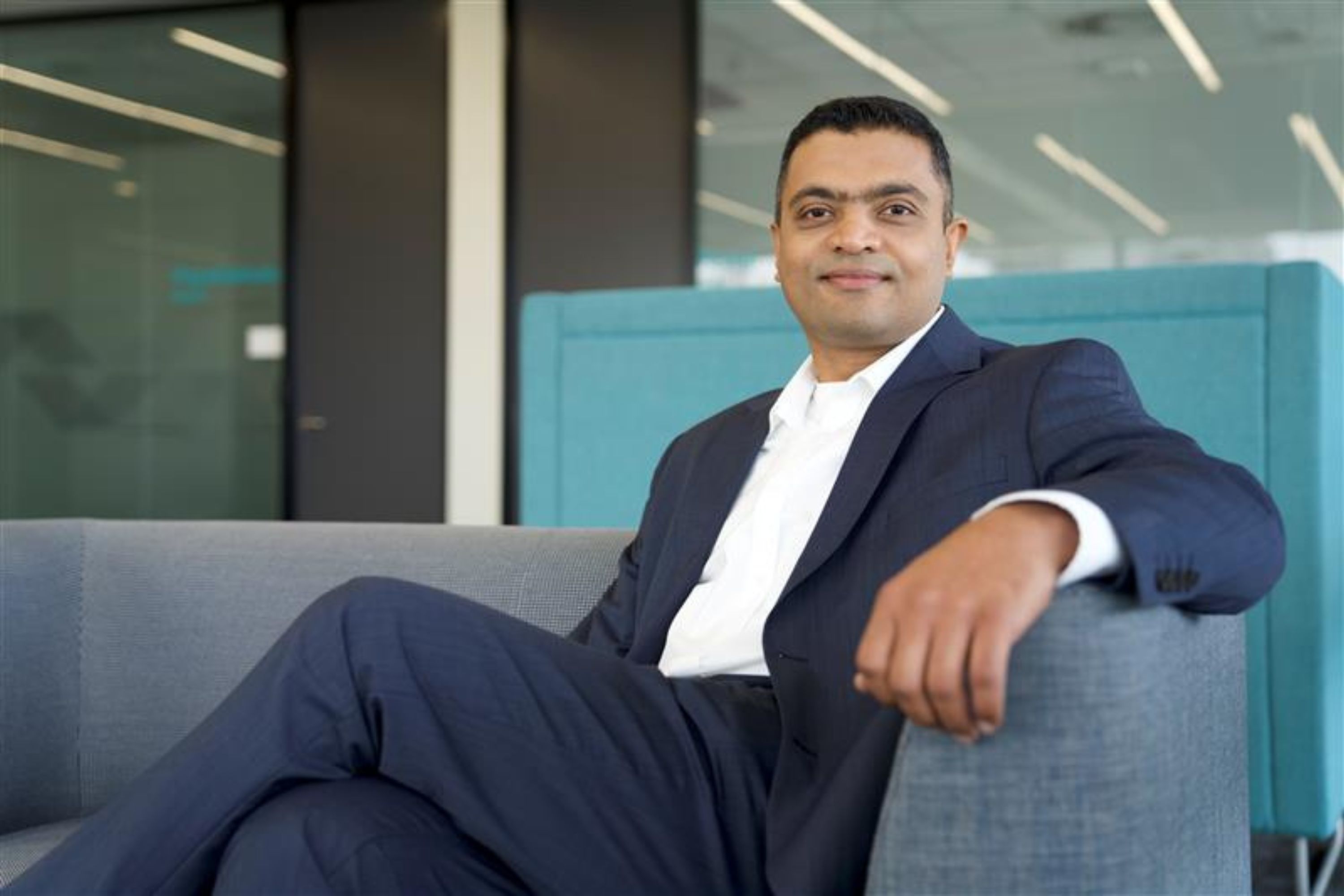Do you have a question? Want to learn more about our products and solutions, the latest career opportunities, or our events? We're here to help. Get in touch with us.
Do you have a question? Want to learn more about our products and solutions, the latest career opportunities, or our events? We're here to help. Get in touch with us.
We've received your message. One of our experts will be in touch with you soon.

Raghu Hegde joined Datacom in 2022 as Quality Assurance Leader – Automation and Performance Engineering. He’s since worked with customers across sectors such as banking, healthcare, airports and insurance using technology to modernise their systems, meet the challenges of the rapidly evolving digital landscape and ensure future scalability and efficiency. Now in the role of Practice Manager, Raghu leads a team of 50 to solve complex business challenges and drive innovation through strategic consulting and advanced solutions.
“When I embarked on my journey specialising in quality assurance and performance engineering, I encountered the healthcare sector and its unique set of challenges,” he explains. “I felt compelled to explore the possibilities within this domain, and I have remained passionately engaged in this space ever since.”

After training as a computer science engineer, Raghu started consulting journey with IBM. He subsequently spent seven years at Orion Health working with many of the world’s major health organisations, including Hunter New England, Metro North, the NHS in the UK, and numerous US health insurance companies. In New Zealand, he’s been involved with all the country’s district health boards, which are now under the umbrella of a single organisation.
“I moved to New Zealand with Orion Health and that’s when I started delving deeper into the digital patient record interoperability space,” he says.
Interoperability enables all players in the healthcare ecosystem, from clinicians to pharmacies and health insurers, to connect and communicate, and better engage with patients. It’s a key factor in a patient-centric model where prioritising patient needs ensured better engagement and health outcomes, and less wastage of resources.
Interoperability is about how easily health records and information can be shared when there’s a need for it, says Raghu. And the use of a common digital language is vital to the fast, accurate transmission of health information. He believes this is where one of the biggest opportunities lies in healthcare technology.
The Fast Healthcare Interoperability Resources (FHIR) standard is a vital piece of the interoperability solution, providing specifications for exchanging digital healthcare data.
“Thanks to Datacom’s expertise in integration we have the capability to enable very disparate systems to communicate using the FHIR standard,” says Raghu. “I think that’s one of our strengths.”
Raghu saw the real value and benefits FHIR brought to the sector when working for the UAE’s primary health organisation. FHIR standards were used on a shared platform to house all the Emirate’s single care patient records, and this proved invaluable in monitoring the country’s health situation when COVID hit.
“In New Zealand we each have an NHI (National Health Identity) with information that’s shared across the country, but that health data still sits in disparate systems. There’s a significant opportunity to share consented health information,” he says.

“Lab tests that are reviewed by a GP before referring the patient to a specialist may have to be repeated due to lack of consistent and reliable context sharing. With healthcare being a risk-based system, some of the repeat tasks can be avoided to alleviate the stress on our health system. That’s what we’re trying to solve with interoperability – applying the technology solution to the health care domain.”
Raghu has been working with New Zealand health organisations to help remedy this.
“We need to work towards having a single health record for patients,” he says. “There are still multiple different software systems that maintain health information and they don’t talk to each other. A care record contains information such as procedures a person has had, their lab reports, and other issues to note when prescribing medications. These are currently all in different systems. Bringing them all together, ensuring they are talking to each other is one of biggest technology goals for our health organisations.”
And there are examples of this working elsewhere, says Raghu. “These problems have been solved to a fair extent in countries like UK and the US. I’ve been a part of a lot of learning and I want to be able to apply in New Zealand so that we don't make the same mistakes and we do it better over here.”
The Australian Digital Health Agency, a Datacom customer, was established to promote connected healthcare and accelerate the adoption and use of innovative digital services and technologies. It, too, is keen to leverage FHIR standards to achieve its goal for a safe, seamless and secure digital health infrastructure.
Raghu has taken on a new responsibility with HL7 Australia as ‘Nominated Member’ of the HL7 Core Technology Group. This is an important membership to help shape the future of interoperability standards in Australia.
“The healthcare sector faces diverse problems,” notes Raghu. “They require expertise in a variety of technologies. That’s one of Datacom’s key skillsets – being a large organisation working with major enterprises, we have expertise in nearly every technology and domain. And we are very open to sharing and working together to create commercially viable solutions. That’s something I really enjoy about working at Datacom.”